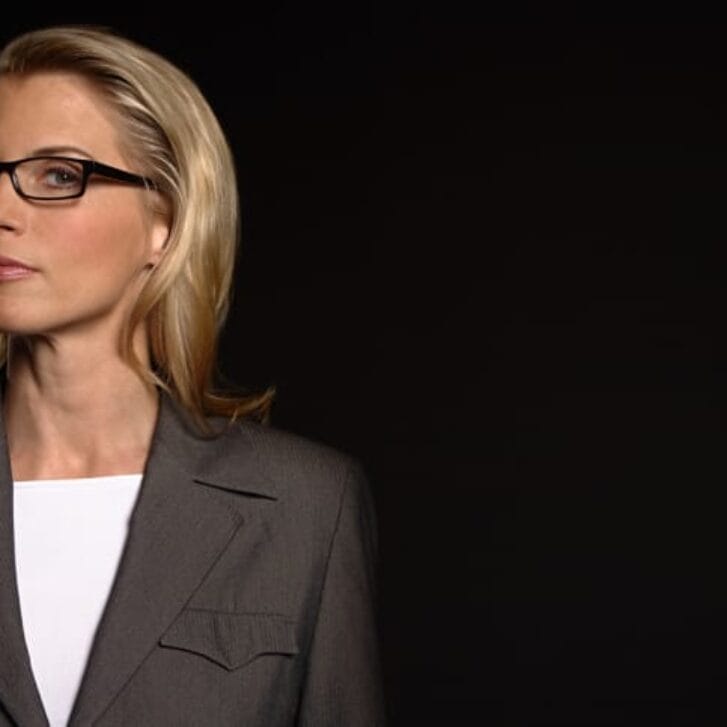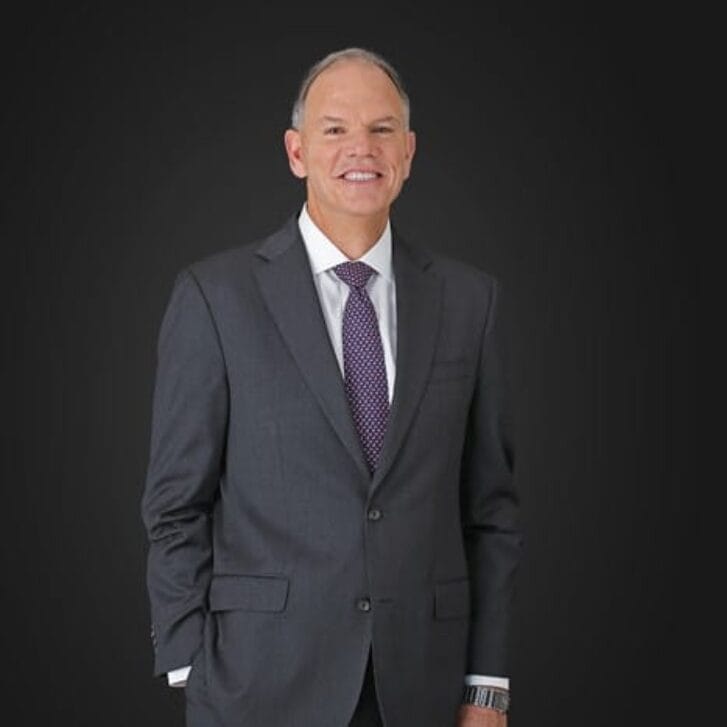It’s new student orientation in the fall of 2022, and I’m standing in Steiny-D across from the Stock Exchange post. As a senior shows me around and shares his nostalgia, it hits me for the first time that I’m at the Wharton School. He speaks of pressures to choose safe career paths, and I nod along, though my mind is wandering. At Wharton, one student comes from Wisconsin and another from Kazakhstan; one plays the flute and the other, squash. Yet most of them want to be bankers or consultants. That senior’s advice about taking the road most traveled echoes in my head. Is that the kind of leadership we’re taught in class? I spend days pondering: What is a business education for?
Catapulted from a lethargic Sicily to the bustling hallways of Huntsman Hall, I came to the United States in search of the intellectual stimulation promised by the liberal arts system. Growing up in Palermo, where many people don’t attend college and work to live, I fantasized about exploring worlds and careers that would allow me to express my values and perhaps even self-transcend. Here at Penn, I was quickly humbled by the 5 a.m.-to-9 p.m. live-to-work mentality. I still smell Sicilian flowers too much to fully adopt the Whartonized performance culture, but I am too American for the communal coffee breaks in my hometown. Tension to reconcile this dichotomy has shaped much of my undergraduate experience.
In the race for prestige and financial security, the principle that we ironically hope to master as financiers — risk-taking — is precisely what we avoid at all costs as students. We acquire safety nets with easy-A classes, join the “right” clubs that will get us the “right” jobs, and thus downsize risk. Yet taking chances is what a liberal arts education demands by its own definition. As William Deresiewicz, author of Excellent Sheep, puts it, the liberal arts “make you question everything you thought you knew about yourself. … The process isn’t comfortable, but it is exhilarating. … If it happens right, it feels like being broken open — like giving birth to yourself.”
I experienced this exact moment of ebullience during Arts and Sciences professor Justin McDaniel’s course Existential Despair. In a room without technology, once a week for seven consecutive hours, I read novels cover to cover. No searching for meaning, no syllabus, no homework, no underlining — just reading in silence and, later, talking with classmates about what we read and life experiences we all face, from bullying and divorce to addiction and trauma. For the first time, I had a platform for questioning what success and purpose meant to me.
My musings on these lines aren’t intended to demonize finance or consulting — the last thing we need is trembling economic systems and markets. I arrived at Wharton with Wall Street as my finish line, but through courses like Existential Despair, I realized I was choosing my career because it was the obvious path, one that I rationalized as the only option.
My realizations were followed by a desire to pay it forward. I became an opinion columnist for the Daily Pennsylvanian and explored principles of dialogue through the SNF Paideia Program. One of my DP op-eds questioning the culture of prestige at Wharton resonated particularly well, with dozens of students reaching out to share how they felt validated for the first time. Some admitted they had never considered why they were pursuing their professional path until they read my pieces on career decision-making. Paideia further reinforced these efforts, teaching me the value of active listening and critical thinking. Through structured dialogue training, I learned how to create spaces in which students could voice their doubts on these pre-professional pressures without fear of judgment. I also organized events in partnership with the Wharton Undergraduate Division and Wharton Wellness at which students could discuss the pressures of career planning, and the resultant feedback was overwhelmingly positive.
Leadership is about people, not ideas — that concept, and my own experience touring campus during orientation, is why I care about the first-year experience. As the head teaching assistant for WH1010, I can be spotted at the BioPond or College Hall having one-on-ones with my students, offering support and mentorship not only on their academic and professional journeys, but also for them as humans.
While talking to alumni at a TA reunion last April, I realized that most of what we encounter in college — the problem sets, the late nights, the job offers — will blur with time. What remains is you. One alum candidly shared with me his regret at having spent four years at Penn seeing the experience merely as a stepping stone to a stable career, while neglecting everything else that comes with higher education. Interactions like that motivate me to be grateful for the abundant remaining time I have. Instead of obsessing over building a résumé, I am trying to build my mind and my value system. I am fully convinced — no data needed, no matter how much I value organizational behavior studies and working with Adam Grant — that if I do this, the rest will take care of itself.
Francesco Salamone W26 is from Palermo, Italy, concentrating in decision processes. He enjoys running along the Schuylkill, meditation, cathartic movies, and quality solo time.
Published as “Stopping to Smell the Roses” in the Spring/Summer 2025 issue of Wharton Magazine.

























